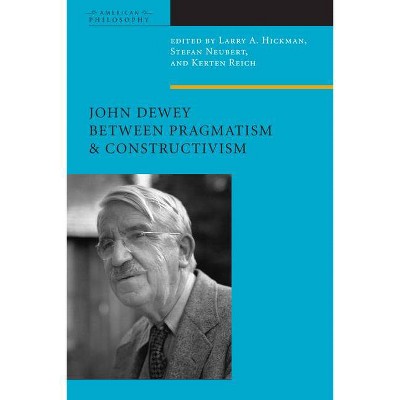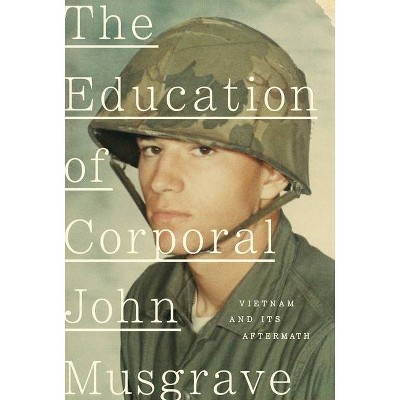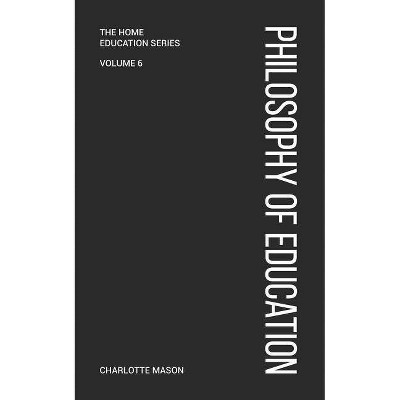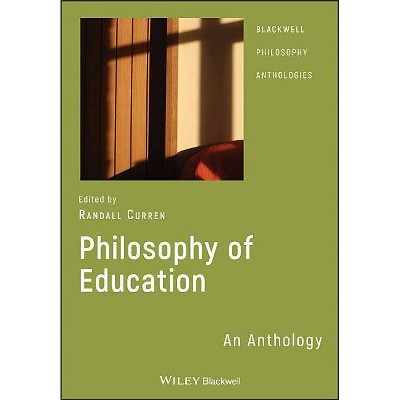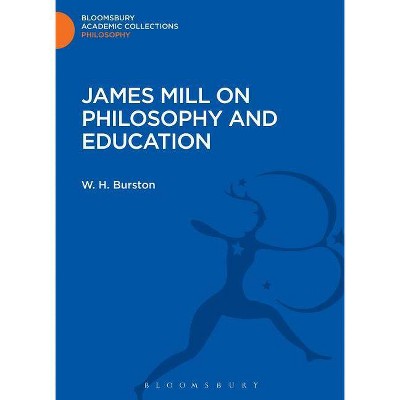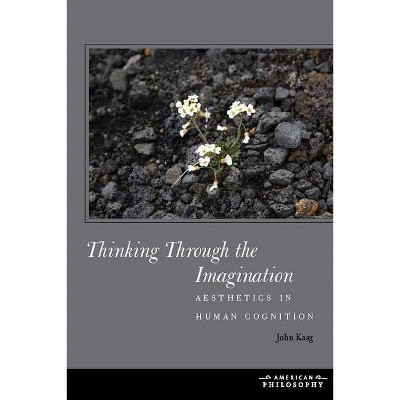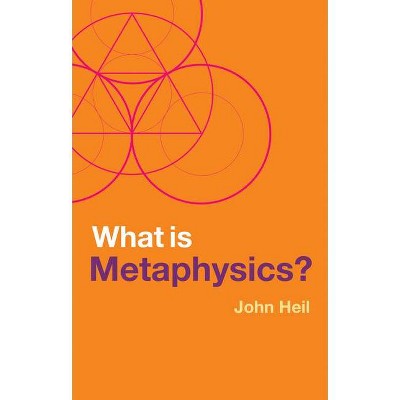John Dewey's Philosophy of Education - by J Garrison & S Neubert & K Reich (Hardcover)
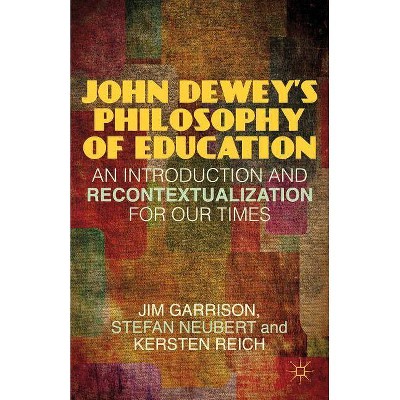
Similar Products
Products of same category from the store
AllProduct info
<p/><br></br><p><b> About the Book </b></p></br></br>"John Dewey is considered not only as one of the founders of pragmatism, but also as an educational classic whose approaches to education and learning still exercise great influence on current discourses and practices internationally. In this book, we first provide an introduction to Dewey's educational theories that is founded on a broad and comprehensive reading of his philosophy as a whole. We discuss Dewey's path-breaking contributions by focusing on three important paradigm shifts - namely, the cultural, constructive and communicative turns in 20th century educational thinking. Secondly, we seek to recontexualize Dewey for a new generation who has come of age in a very different world than that in which Dewey lived and wrote. We provide examples of such recontextualization by connecting his philosophy with six recent and influential discourses (Bauman, Foucault, Bourdieu, Derrida, Levinas, Rorty). These serve as models for other recontexualizations that readers might wish to carry out for themselves"--<p/><br></br><p><b> Book Synopsis </b></p></br></br>John Dewey is considered not only as one of the founders of pragmatism, but also as an educational classic whose approaches to education and learning still exercise great influence on current discourses and practices internationally. In this book, the authors first provide an introduction to Dewey's educational theories that is founded on a broad and comprehensive reading of his philosophy as a whole. They discuss Dewey's path-breaking contributions by focusing on three important paradigm shifts - namely, the cultural, constructive, and communicative turns in twentieth-century educational thinking. Secondly, the authors recontexualize Dewey for a new generation who has come of age in a very different world than that in which Dewey lived and wrote by connecting his philosophy with six recent and influential discourses (Bauman, Foucault, Bourdieu, Derrida, Levinas, Rorty). These serve as models for other recontexualizations that readers might wish to carry out for themselves.<p/><br></br><p><b> From the Back Cover </b></p></br></br><p>John Dewey is considered not only as one of the founders of pragmatism, but also as an educational classic whose approaches to education and learning still exercise great influence on current discourses and practices internationally. In this book, the authors first provide an introduction to Dewey's educational theories that is founded on a broad and comprehensive reading of his philosophy as a whole. They discuss Dewey's path-breaking contributions by focusing on three important paradigm shifts - namely, the cultural, constructive, and communicative turns in twentieth-century educational thinking. Secondly, the authors recontexualize Dewey for a new generation who has come of age in a very different world than that in which Dewey lived and wrote by connecting his philosophy with six recent and influential discourses (Bauman, Foucault, Bourdieu, Derrida, Levinas, Rorty). These serve as models for other recontexualizations that readers might wish to carry out for themselves.</p><p/><br></br><p><b> Review Quotes </b></p></br></br><br>"Garrison, Neubert and Reich have given their readers a well organized and highly accessible volume that presents John Dewey's key contributions to philosophy and education in a clear and comprehensive fashion. Educators and others will be especially grateful for their extensive discussion of how Dewey's ideas relate to the insights of six of the central figures of post-structuralist thought." - Larry A. Hickman, director of the Center for Dewey Studies and Professor of Philosophy at Southern Illinois University Carbondale, USA<br/><br/>"Most of the educational literature on Dewey suffers either from a neglect of the origins of Dewey's educational theory in his seminal philosophical work in the late 19th and early 20th century on psychology, nature, culture, metaphysics and epistemology or from a presentist prejudice that neglects the necessity of fresh hermeneutical readings of Dewey in tension with contemporary theorists and public problems. In John Dewey's Philosophy of Education: An Introduction and Recontextualization for Our Times, Garrison, Neubert and Reich offer correctives to both problems by introducing the development of Dewey's educational theory through an expert and insightful analysis of his early philosophical writings and bringing Dewey's views into a contemporary gaze by a reconstructive discussion of their transaction with modern philosophers such as Bauman, Foucault, Bourdieu, Derrida, Levinas and Rorty. The result is a work of serious philosophical and educational scholarship that will interest and benefit both students and scholars of philosophy and education." - James M. Giarelli, Professor, Rutgers University Graduate School of Education, USA<br/><br/>"John Dewey's Philosophy of Education is meticulously researched and skillfully recontextualized. I highly recommend the book." - Douglas J. Simpson, Texas Tech University, USA<br/><br/>"The authors do a great service in modernizing Dewey and especially in showing his relevance to thinking broadly beyond the confines of his own culture . . . Recommended" - Choice<br/><br><p/><br></br><p><b> About the Author </b></p></br></br>Jim Garrison is Professor of Education at Virginia Tech University, USA <p/>Stefan Neubert teaches at the Faculty of Human Sciences at the University of Cologne, Germany. He is co-director of the Cologne Dewey Center. <p/>Kersten Reich teaches in the Faculty of Human Sciences at the University of Cologne, Germany.<br>
Price History
Price Archive shows prices from various stores, lets you see history and find the cheapest. There is no actual sale on the website. For all support, inquiry and suggestion messagescommunication@pricearchive.us
